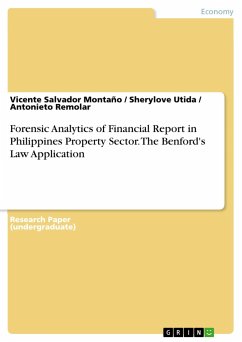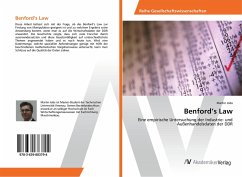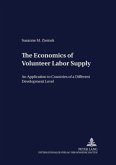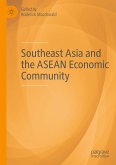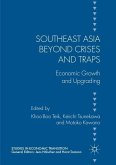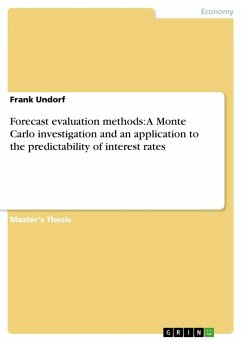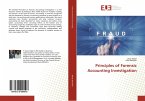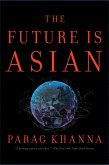Research Paper (undergraduate) from the year 2017 in the subject Economics - Finance, grade: 95.00, University of Mindanao (Professional Schools), course: Finance, Real Estate, Management, language: English, abstract: This paper examines the property sector financial misreporting using the Benford's Law, a logarithmic distribution technique. The study examines the financial and income statement of the 35 property companies listed in the Philippine Stock Exchange (PSE) for 2015 and 2016. Using the Chi-square test and Mean Absolute Deviation (MAD) the results show that the income statement before tax stockholder's equity and stockholder's equity-parent data set did not conform to the Benford's Distribution. The study suggests that there is a probable misreporting of income before tax and stockholder's equity in the property sector.Misreported financial statements, whether intentional or unintentional, is difficult to detect and eventually results in wrong financial decision. Erroneous financial statement deceives investors and regulators leading into wrong capital allocation and misleading policy. Consequently, the effects are often irreversible, affecting the firm's investors and employees. As early as 2003 the SEC launched a surveillance system called, "Advanced Warning and Control System," to detect fraud, manipulation, and other illegal practices. The system was placed on stock market transactions. In the last several years, the Security Exchange Commission (SEC) is vigilant in strictly detecting insider trading, but might be missing on detecting accounting fraud. Due to a strong Philippine economy, the real estate industry is expected to project a sustained growth for 2017. The government's ability to maintain strong macroeconomic fundamentals is the reason for the sustained economic growth in the country. Real Estate Investors are advised to take advantage of the opportunity to effectively market and sell projects. However, accompanying the sustained growth in the Philippines real estate industry are the different scams perpetrated by con artists. Among the biggest scam perpetrated involved the P7 billion Pag-Ibig funds lent to "buyers" of Globe Asiatique, a housing development company. It was discovered that Pag-Ibig funds were lent to almost 60 percent non-existent borrowers. The developer siphoned the proceeds and sold the houses to other buyers most are overseas foreign workers (OFW). Buyers are warned to exercise due diligence in purchasing properties.
Bitte wählen Sie Ihr Anliegen aus.
Rechnungen
Retourenschein anfordern
Bestellstatus
Storno

